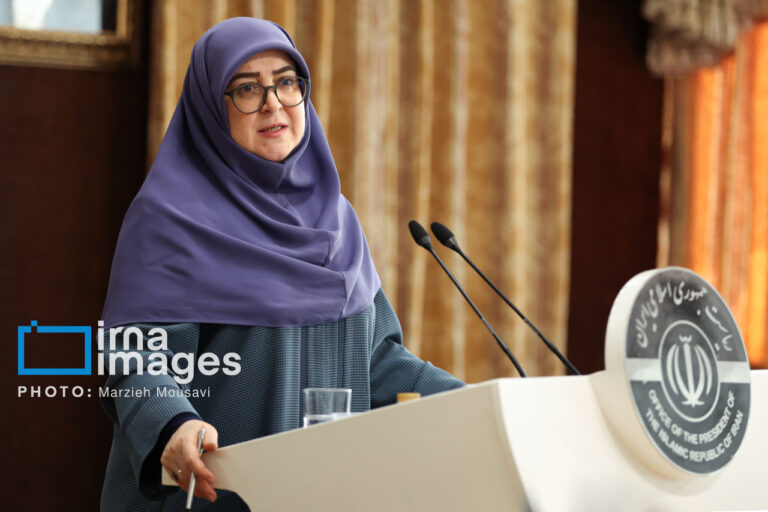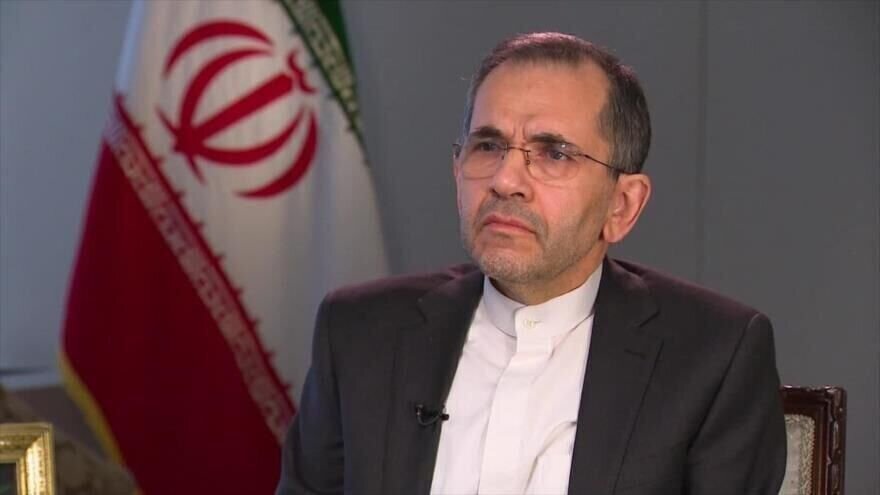
Similar Posts
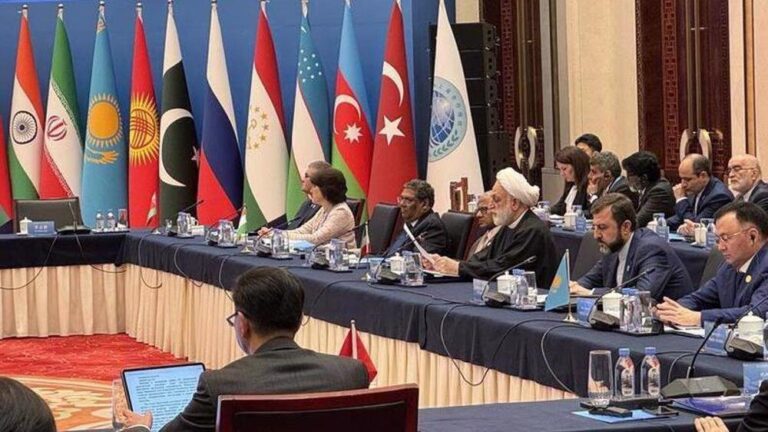
Iran Unveils Bold Legal Strategy to Strengthen Its Position in the SCO Amidst Growing Challenges
Gholamhossein Mohseni-Eje’i opened the 20th Meeting of Heads of Judicial Systems of SCO member states in Hangzhou, China, emphasizing the need for enhanced legal cooperation to address global challenges like terrorism, unilateralism, and organized crime. He highlighted the severe humanitarian crisis in Gaza, where recent violence has resulted in over 51,000 casualties, urging collective action against such injustices. Mohseni-Eje’i proposed eight strategic measures to strengthen judicial collaboration, including establishing a judicial information-sharing platform and harmonizing laws against terrorism. The meeting reflects SCO’s commitment to tackling pressing issues and fostering a unified response to threats to peace and security.
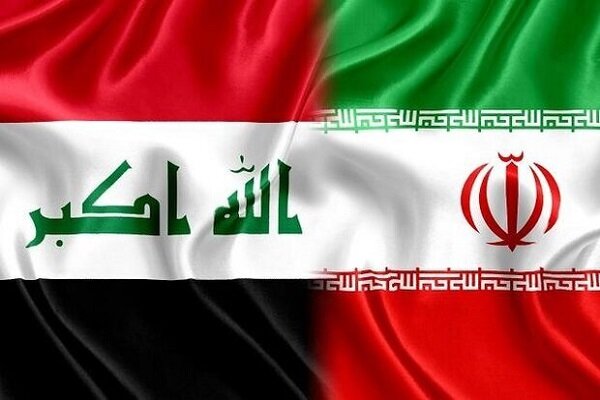
Baghdad’s Kurdish Disarmament: A Strategic Move for a Tehran Agreement
Iraqi authorities’ recent ban on militant group activities in Iraqi Kurdistan has raised security, legal, and human rights concerns. The security agreement between Iran and Iraq aims to enhance border security, strengthen national sovereignty, and establish legal cooperation to address threats from anti-Iranian armed groups. Implementing disarmament, ensuring judicial accountability for past crimes, and providing humane reintegration for former members are crucial. Additionally, sustainable development in border regions is necessary to create job opportunities and improve infrastructure, fostering stability and reducing extremism. This comprehensive approach could lead to a more secure future for both nations.
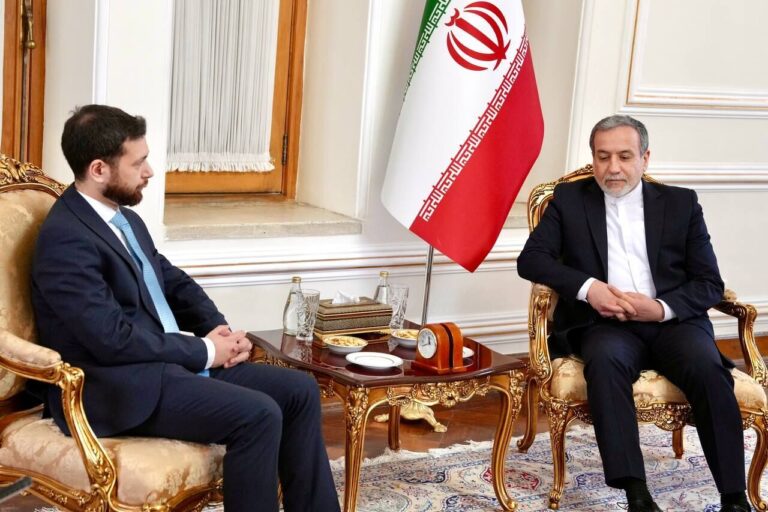
Iran’s FM Araghchi: Strengthening Strategic Relations with Armenia is a Top Priority
Iranian Foreign Minister Abbas Araghchi emphasized President Masoud Pezeshkian’s commitment to strengthening bilateral relations with Armenia during a meeting in Tehran. He highlighted the existing strong ties and extensive cooperation between the two nations across various sectors. The discussion included Armenia’s commitment to peace and security in the South Caucasus, as well as a focus on fostering good neighborly relations. The Armenian deputy foreign minister appreciated Iran’s supportive stance on regional developments, indicating a mutual interest in continuing and expanding the partnership between Iran and Armenia. This meeting underscores the ongoing collaboration and shared goals of both countries.
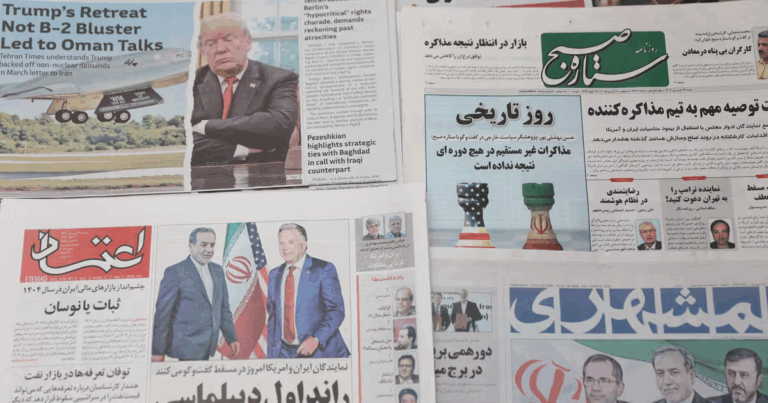
Iran’s Major Institutions Slam US Negotiations: A Strong Rejection from the Press
Three Iranian newspapers—Kayhan, Javan, and Vatan-e Emrooz—have voiced strong opposition to negotiations with the U.S., reflecting skepticism within Iran’s theocracy about engaging with its long-term adversary. Linked to influential political bodies, they challenge directives from the Culture Ministry and other institutions. Kayhan criticizes negotiation advocates for ignoring U.S. sanctions’ impact, while Vatan-e Emrooz warns against agreements that could exploit Iran. Javan adopts a pragmatic stance, questioning whether limited agreements could harm Iran’s anti-imperialist image. Despite Supreme Leader Khamenei’s ambiguous support for negotiations, these newspapers represent internal divisions on U.S.-Iran relations, highlighting the complexities of Iranian politics.
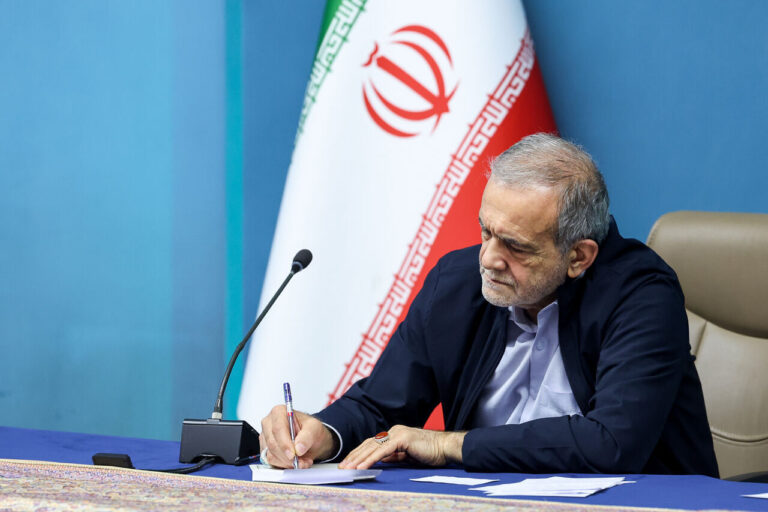
President Pezeshkian Expresses Heartfelt Condolences on the Loss of Pope Francis
Tehran’s President Masoud Pezeshkian has expressed heartfelt condolences following the death of Pope Francis at 88, acknowledging the profound loss felt by Catholic Christians and admirers worldwide. In his message, Pezeshkian praised the Pope’s humanitarian efforts, particularly his condemnation of injustices in Gaza and advocacy for Palestinian rights. He emphasized the Pope’s legacy of compassion and commitment to peace among religions. Foreign Minister Abbas Araqchi and Iran’s ambassador to the Vatican also conveyed their sympathies, honoring the Pope’s wisdom and dedication to interfaith understanding and global solidarity, underscoring his lasting impact on efforts for peace.
